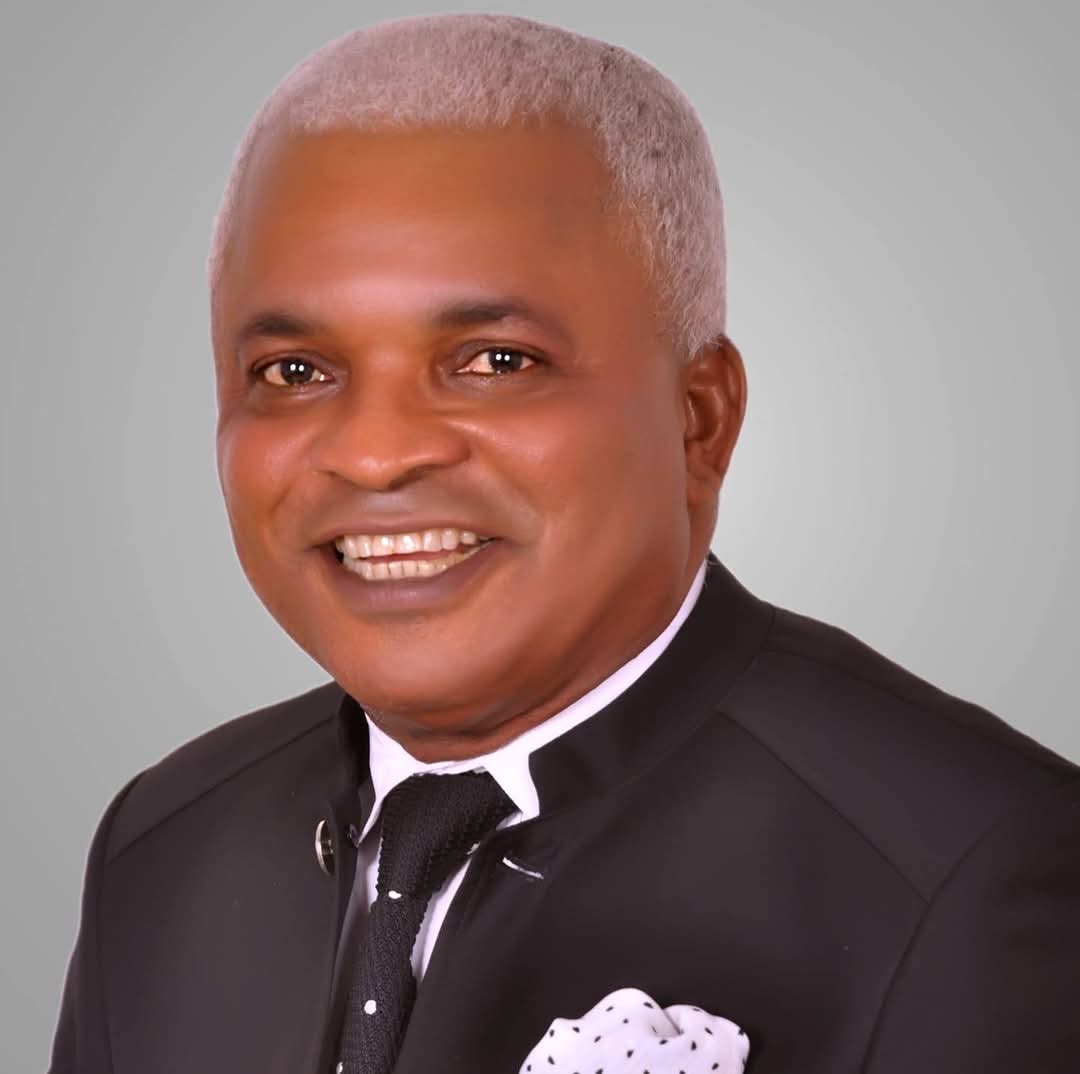By Joe Obi Ability Bisong
In the dynamic world of politics, loyalty is often considered the currency of trust and longevity. Yet, history repeatedly shows that loyalty can be fragile, giving way to ambition, personal interest, and shifting alliances. The unfolding drama within the Cross River State chapter of the Peoples Democratic Party (PDP) offers another reminder of this paradox. At the centre of it is Barr. Tim Ekawu—a man once regarded as one of the most trusted political allies of Senator Jarigbe Agom Jarigbe, the leader of what is often described as the “unconquered generation.”
For years, Ekawu stood shoulder-to-shoulder with Senator Jarigbe through turbulent battles that defined the senator’s rise and consolidation of influence. From internal party crises to the high-stakes elections that tested the senator’s mettle, Tim Ekawu’s loyalty was not just spoken but acted out. He was in the trenches, echoing Jarigbe’s vision and defending his leadership against rivals both within and outside the PDP. To many observers, his commitment was unquestionable, his loyalty unshakeable.
But politics has its own grammar, written in the language of interests, ambition, and timing. Barely three weeks to the crucial state congress of the PDP, Ekawu’s sudden shift has left tongues wagging. His decision to challenge Barr. Venatius Ikem—the consensus candidate endorsed by Senator Jarigbe—has been interpreted by many as a move against his longtime mentor and ally. For some, this is nothing short of betrayal; for others, it is a bold assertion of personal ambition in a terrain where no permanent friend or foe exists.
This trajectory raises fundamental questions about the nature of political loyalty. Was Ekawu’s decision born out of conviction that he, too, has something unique to offer the PDP at this critical juncture? Or is it a calculated move by forces opposed to Senator Jarigbe to weaken his grip by prying away his trusted lieutenants? Whatever the answer, one thing is clear: in politics, loyalty is rarely absolute—it is conditional, transactional, and often limited by ambition.
Senator Jarigbe himself embodies the resilience of a politician who has survived multiple storms. His political brand—the unconquered generation—rests on the loyalty and solidarity of his inner circle. The defection of one of his closest allies, therefore, tests both his leadership and the durability of the bonds he has built. But it also offers an opportunity: to remind his supporters that while individuals may falter, movements anchored on vision and collective interest endure.
For Tim Ekawu, the gamble is high. If he succeeds, he will be remembered as a man who carved his own path, even if it meant standing against his benefactor. If he fails, history may brand him as the loyalist who abandoned the ship at the most critical hour. Either way, his move underscores a reality that every political actor must confront: loyalty in politics is both precious and precarious, but ambition remains the engine that drives men to risk everything.
As the Congress draws closer, the case of Barr. Tim Ekawu will remain a reference point in discussions about loyalty, betrayal, and the fine line that separates the two. In the end, politics in Cross River—and indeed anywhere—remains a theatre where today’s ally can become tomorrow’s rival, and yesterday’s betrayal may yet be tomorrow’s
Bisong is
DG, Caterpillar










